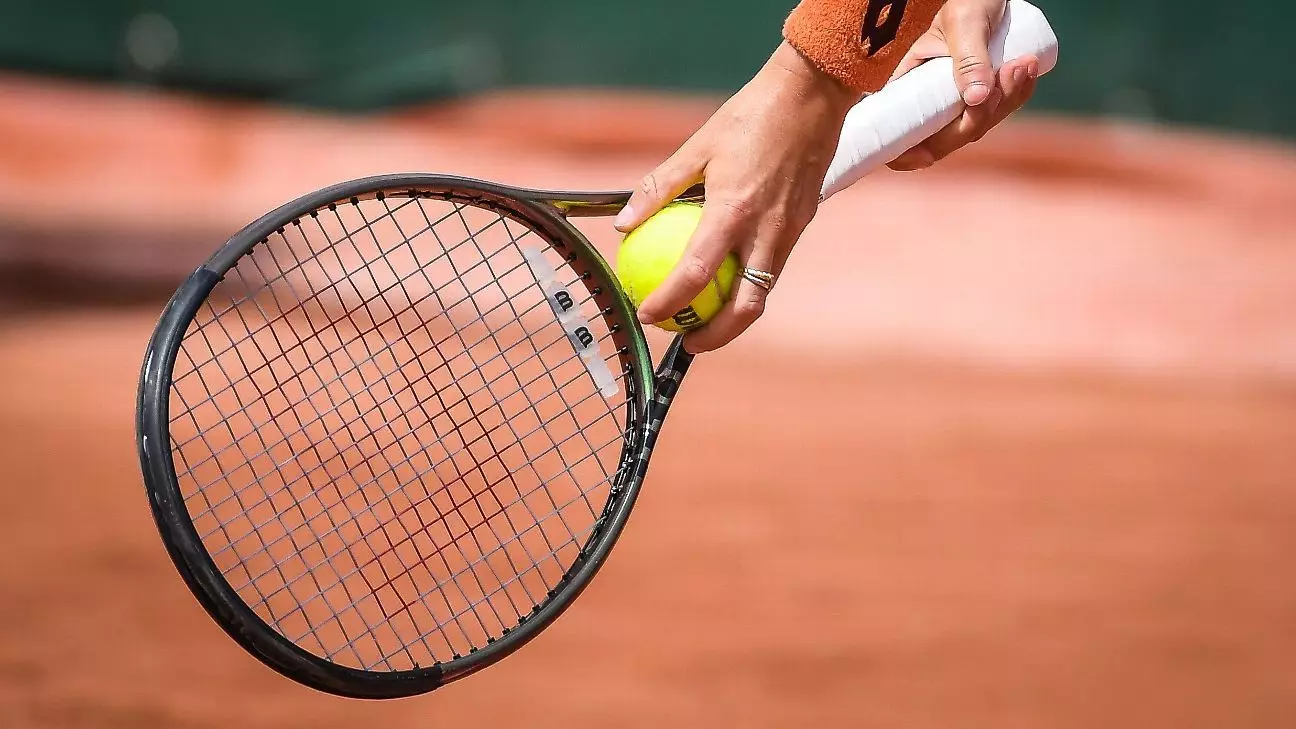In a recent case in federal court in Florida, a tennis player named Kylie McKenzie was awarded $9 million in damages after accusing the U.S. Tennis Association of failing to protect her from a coach who sexually abused her during her time at one of its training centers. The lawsuit, filed in March 2022, detailed how Anibal Aranda, a former USTA coach, used his position to prey on vulnerable female athletes including McKenzie. Despite the USTA firing Aranda after his actions came to light, McKenzie’s lawsuit claimed the organization negligently failed to protect her from such abuse, resulting in the significant damages awarded to her by a U.S. District Court jury.
McKenzie’s statement following the verdict emphasized the importance of speaking out against abuse, even when it is difficult. By sharing her story and pursuing legal action against the USTA, McKenzie hopes to set an example for other girls who may find themselves in similar situations. The emotional toll of being a victim of sexual assault is immeasurable, and no amount of money can fully compensate for the pain and suffering that victims endure. However, the jury’s decision to award both compensatory and punitive damages sends a clear message to sports organizations about their responsibility to protect athletes under their care.
The USTA’s decision to appeal the verdict raises important questions about the legal and ethical obligations of sports organizations in safeguarding their athletes. The organization’s acknowledgment of the plaintiff’s allegations against the coach, coupled with their willingness to review safeguarding policies and procedures, suggests a recognition of the need to prevent future instances of abuse. However, the assertion that the USTA was held liable for the actions of an employee who failed to report their own experience with the coach highlights a grey area in the law that may deter victims from coming forward in the future.
As the sports world grapples with issues of abuse and misconduct, it is crucial for organizations like the USTA to take proactive measures to protect their athletes. Conducting thorough background checks on coaches, implementing clear reporting procedures for incidents of abuse, and providing support for victims are just a few steps that can help prevent such cases from occurring in the future. By prioritizing the safety and well-being of athletes, sports organizations can create a culture of accountability and transparency that encourages victims to come forward and seek justice.


Leave a Reply